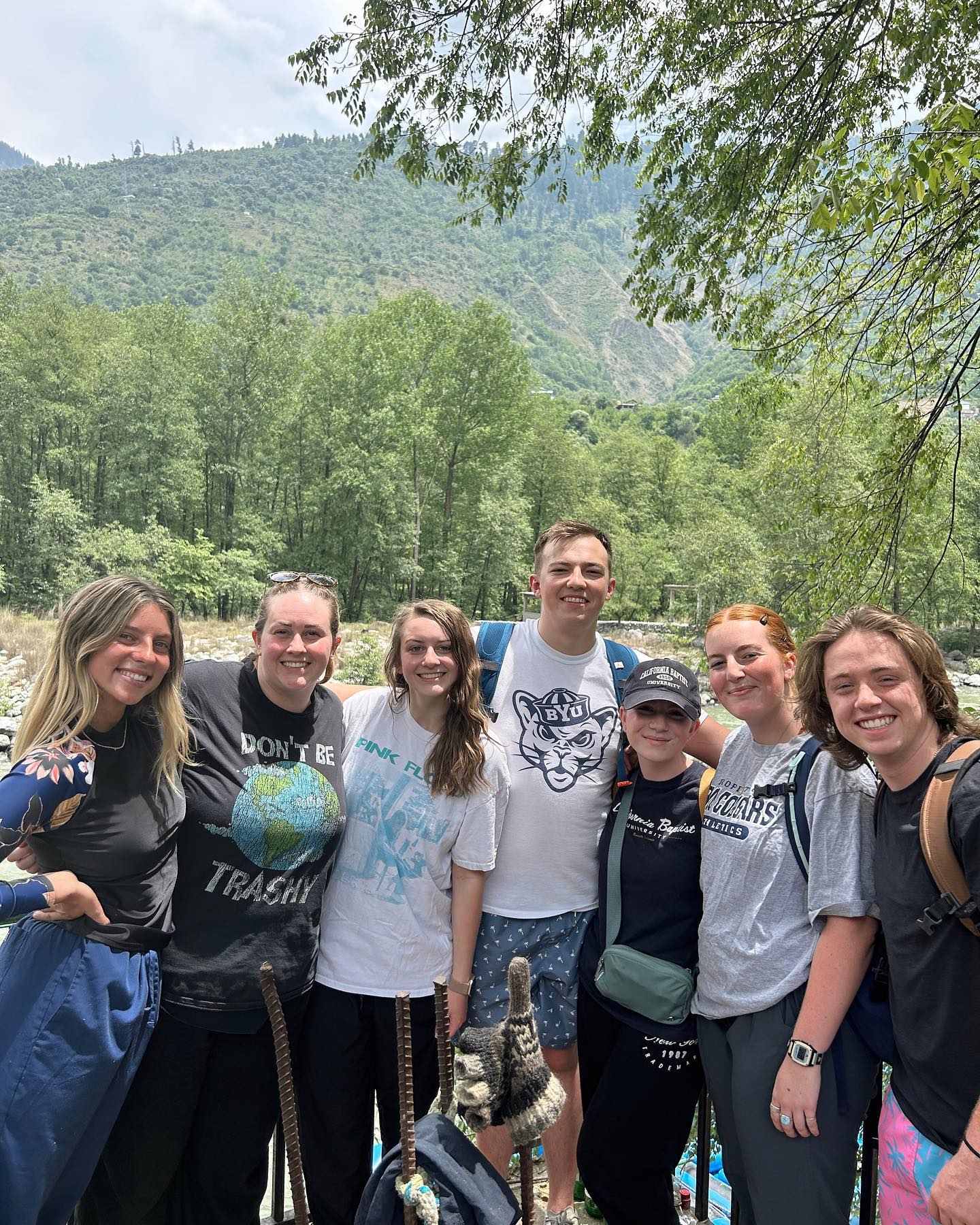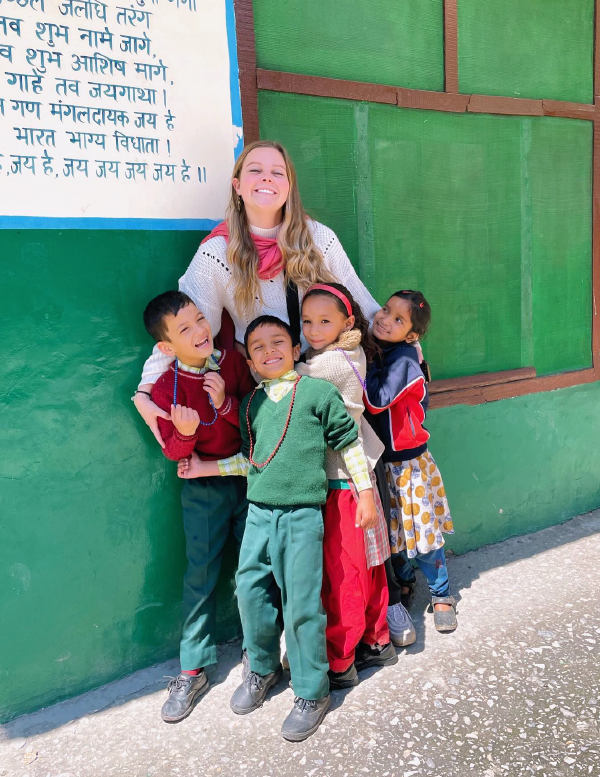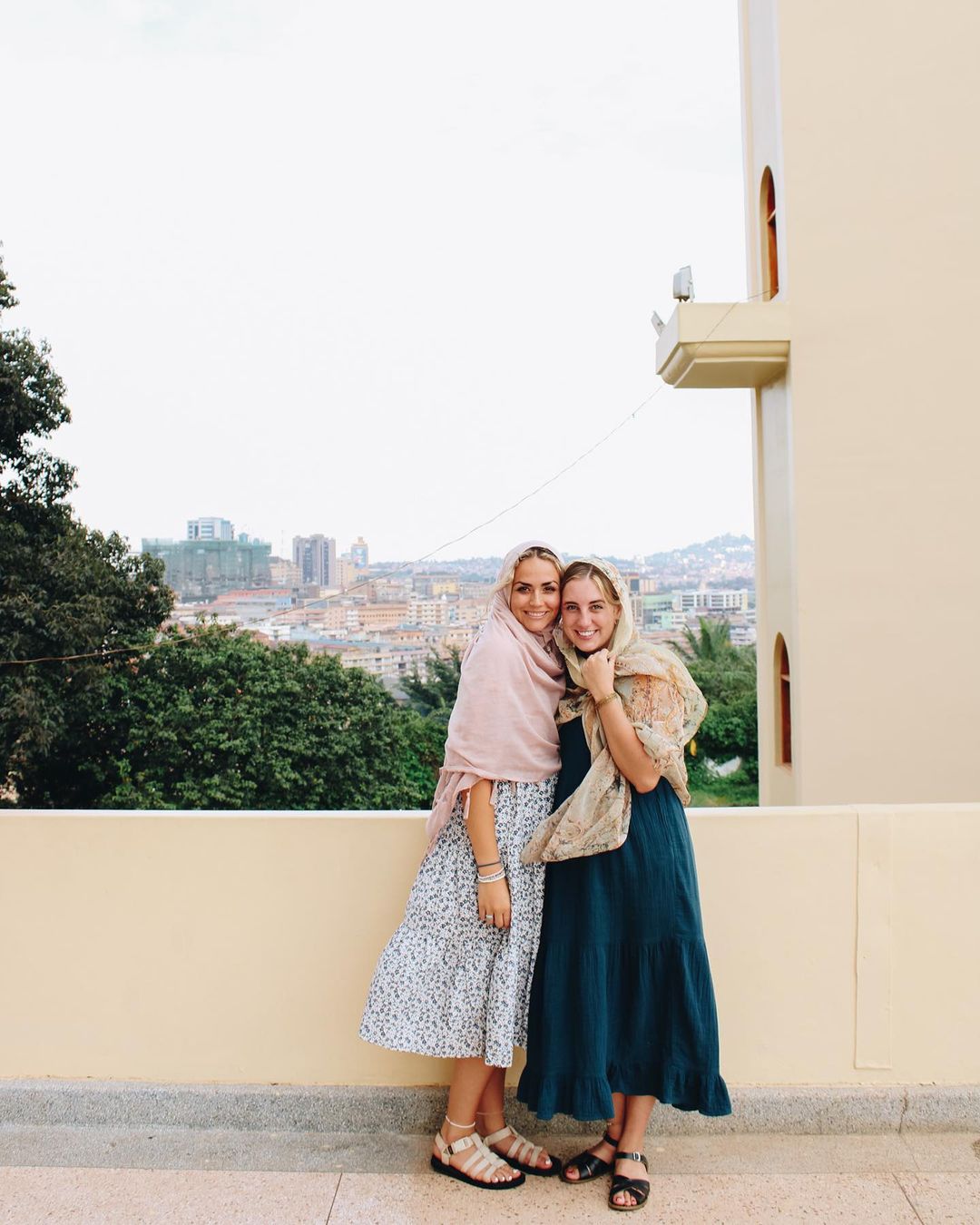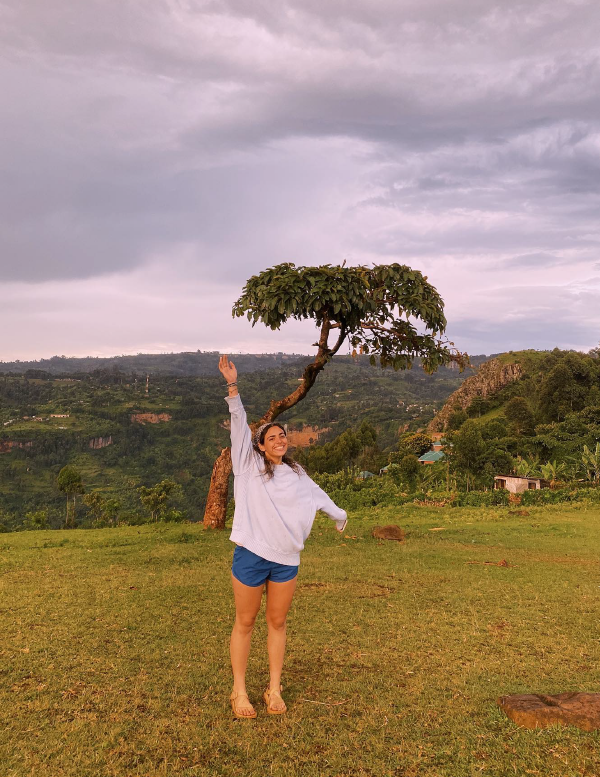ILP follows several safety benchmarks to help keep each volunteer safe:
- ILP Code of Conduct and Safety Rules: All ILP volunteers agree to abide by the ILP Code of Conduct, and Safety Rules. Volunteers who follow these rules self-filter out many of the risks associated with traveling (and being abroad) which is the major reason we have these in place.
- Head Teachers: ILP Head Teachers are peer-age leaders who have previously taught at least one semester with ILP. These volunteers stood out as exemplary teachers and demonstrated good social skills and team skills. They act as coaches to the ILP group, and are there to help in the classroom, help with lesson plans, boost the group dynamic, as well as other behind-the-scenes projects.
- Local Coordinators: Local Coordinators are native to the country and help in several ways. They may impose curfews as needed, restrict both local and long distance travel, advise about local political circumstances, and keep an eye on local situations that might impact the safety of our volunteers. Local Coordinators also assist with host family and apartment living situations, visa support, language and culture classes, and other situations as needed. They aren’t there to completely take on the role of a parent, but do often help out in many ways that help keep our volunteers safe while they’re living abroad.
- State Department/Embassy: All volunteers are registered with the nearest American embassy or consulate; after registration, volunteers will receive any political or travel advisories through the U.S. State Department warden system.
- ILP is not affiliated with the Church of Jesus Christ of Latter-Day Saints but many of our volunteers are members; we maintain contact with religious missionary programs and many church leaders in areas where our volunteers serve.
- BYU and other international programs: ILP exchanges information with international programs that have students in the same locations as we do — like the study abroad programs at Brigham Young University (BYU). We compare notes about political or travel advisories, as well as disease epidemics or outbreaks with these programs to help ensure the safety of our volunteers.







